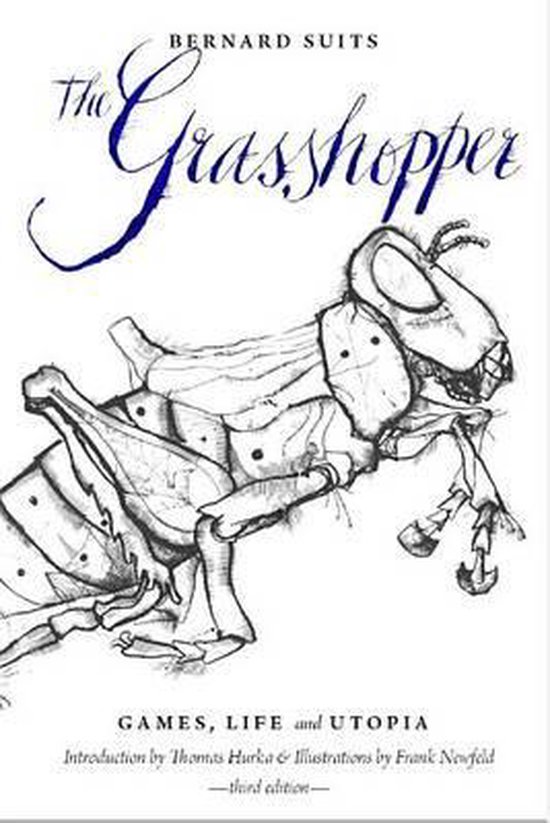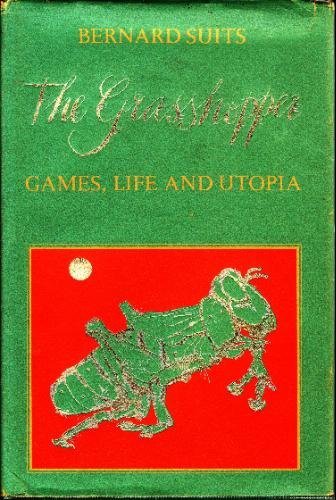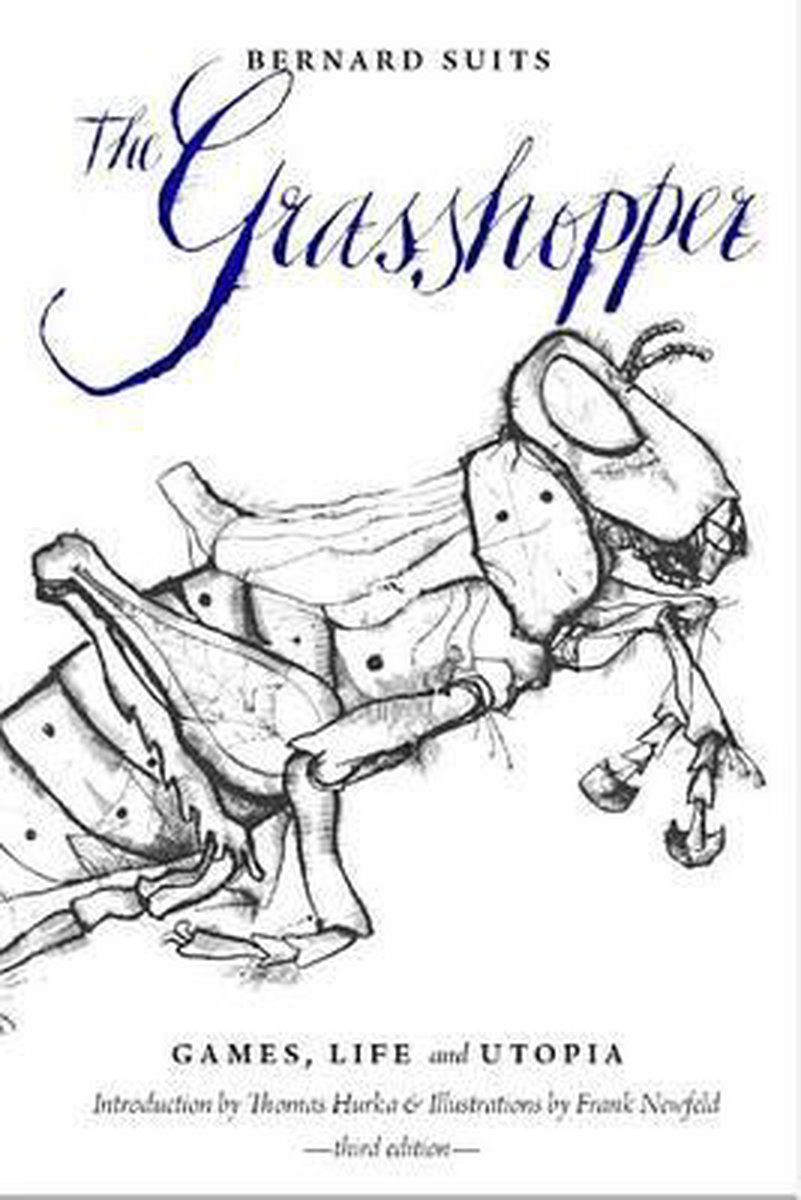

It is possible to turn life itself into a giant and continuous game, it is possible to "live like play" without giving up neither realism nor security -this is to say, while fulfilling basic human material needs at the same time. I believe that this is possible, and I believe it is possible even without the very ideal conditions presented by Suits at this last section. The last section on "Utopia" could have been articulated much better, but the message gets across: We need an ethic of "work" that rests not on painful sacrifice, but on our internal convictions, emotions and drives, from our "ideals of existence". People who are interested in the philosophy of games, such as fans of Huizinga and related thinkers, will find great food for thought in here. The book, I believe, greatly succeeds in this regard. That may sound very dry and boring, but embedded in dialogue and fairy-tale-like playfulness, it becomes what it truly is: a fun, playful inquiry into the nature of what we call a "game," in other words, an attempt to understand what a "game" really is.

Then, the content: Most of the book rests on building a "definition" of the game. and then to Suits for bringing them back to our times.

So, kudos to two of the wisest philosophers ever lived, Socrates and Plato. In this age of monologues, hard convictions, and in which everyone has urgent needs to talk but feels no need to listen -hence no one is really listening- I feel that the Socratic dialogue is a gem to be rediscovered.

The dialogue -and the implied way of doing "communicative/collective philosophy"- may be the only tool available that takes ideas to their logical conclusion and fulfillment (always temporary that fulfillment may be). In the absence of people to converse and challenge me, I often find myself in an internal, imagined dialogue: Without answering to potential objections from others -imagined, written on in actual conversation- the mind cannot "stretch" and withdraws to a rigid, defensive state. I find that this is a really great tool for me to test one's own convictions. It is not only great as a method of presentation, I find, but as a method of doing "philosophy" in general, and not only for Socrates and Plato, but even for humble beings like myself. First, I love the Socratic dialogue as a tool for opening and widening ideas.


 0 kommentar(er)
0 kommentar(er)
